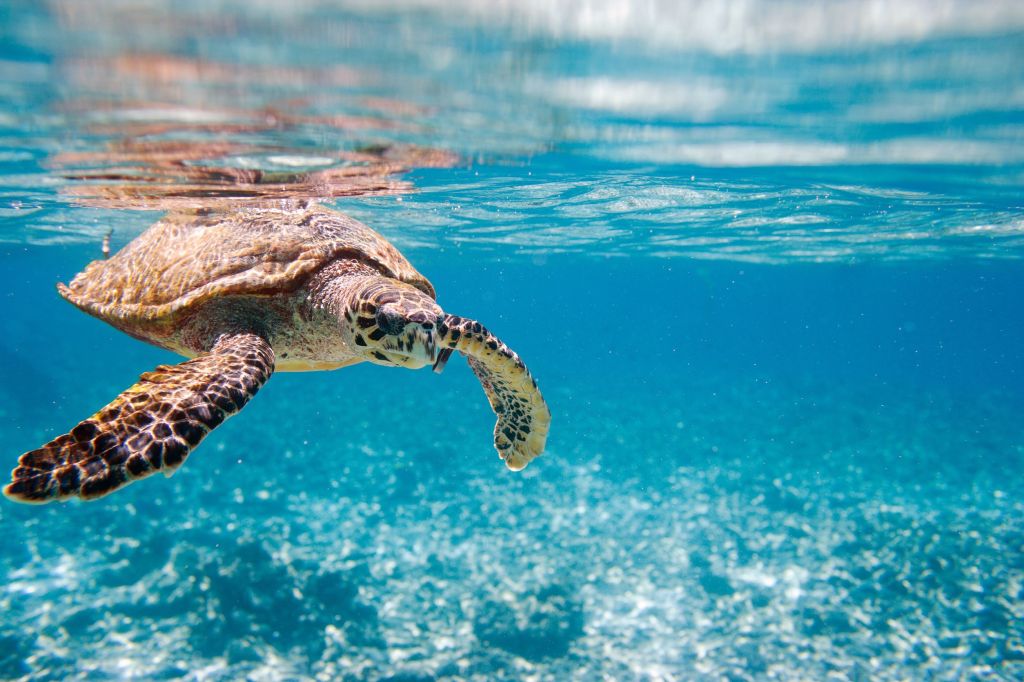10 Ways You Can Help Protect Our Oceans

The ocean contains 97% of the world’s water, generates half of the oxygen that we breathe and absorbs carbon dioxide from the atmosphere to reduce the impact of global warming. Over the years, there has been a serious deterioration in how we treat our oceans, which in turn, causes a serious deterioration in the quality of life that we often take for granted. So, how can we protect the oceans? Check out our 10 tips on how to protect the ocean below to ensure we all take preventative measures for the future.
Why We Should Protect Our Oceans
Human beings depend on the ocean for survival. As previously stated, it contains 97% of the world’s water, absorbs carbon dioxide and produces the oxygen we breathe. Figuring out ways to protect our oceans is vital to our existence for so many other reasons, as well. We depend on it for the following:
- Food; more than 3.5 billion people depend on it as a primary source of food!
- Climate regulation; the climate and weather patterns are controlled by the ocean.
- Transportation/commerce; 90 percent of global trade is dependent upon ocean shipping.
- Fresh Water; oceans form clouds which form rain.
- Renewable Energy; the ocean is a pure form of clean energy by making tides and waves.
- Medicine; a ton of medications contain ingredients derived from the ocean in their formulas!
- Recreation; surfing, paddle boarding and kayaking are a few ways that we use the ocean on a daily basis for recreational use!
- Economy; fishing, tourism and transportation are ways the ocean benefits the economy (more than $128 billion in GDP annually!).
- Carbon Sink; the ocean removes carbon from the atmosphere.
That being said, how can we protect the ocean?
Ways We Can Protect Our Oceans
1. Avoid products that harm the ocean.
There are a ton of products that we use in everyday life that hurt the ocean in the process of creation and can result in serious repercussions. Products such as coral jewelry break down the coral reef, which is the ocean’s way of absorbing carbon dioxide. Without the coral reef, our air supply will be limited.
2. Opt for plastic-free alternatives.
This is a simple step in the right direction on figuring out how to stop ocean pollution. Other than oceanic creatures dying from the plastic being deposited in the ocean, what most people don’t know is that when plastic decomposes, it releases toxins. By opting for plastic-free alternatives, we are reducing the sale and need for the very thing that is hurting our ecosystem!
3. Reduce your carbon footprint.
Making a conscious effort to reduce your carbon footprint can help the effects of climate change. Currently, the ocean is turning acidic, which is breaking down the coral reef (what absorbs carbon dioxide) as a direct result of the amount of energy resources we use on a daily basis. Doing things like driving less or turning off the lights once you leave the room can make a big difference!
4. Make smart seafood choices.
A lot of marine life has taken a turn towards extinction due to human consumption. Choosing to avoid seafood that borders on extinction will help to keep our sea creatures thriving.
5. Take care of the beach.
The easiest tip on how to protect the ocean? By cleaning up after yourself and others at the beach so nothing foreign gets into our body of water.
6. Be conscious of ocean-friendly pet products.
Sustainable seafood also applies to pet food as well! Additionally, cat litter should never be flushed since it contains pathogens that harm the ocean.
7. Support organizations that protect the ocean.
There are organizations working to clean up and protect our oceans from any further damage. By volunteering or contributing to these organizations, you can be a big part in saving the Earth!
8. Be an advocate for change.
Little things like eating out at restaurants that only offer sustainable seafood products or researching politicians that advocate for ocean protection are great examples on how to make a difference in your community.
9. Travel responsibly.
When it comes to traveling by sea, some eco-friendly options include not throwing anything into the ocean and not disrupting marine life while kayaking or paddling.
10. Educate yourself.
By educating yourself on the importance of keeping our oceans clean, you’ll understand how our daily actions have long-term, detrimental effects on our ecosystem, and you will become more inclined to invest in protecting our home.
